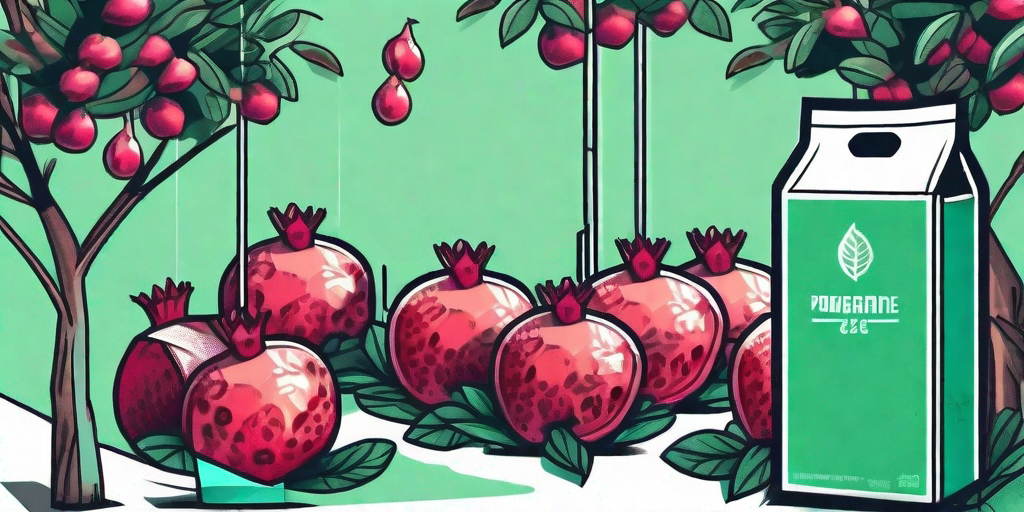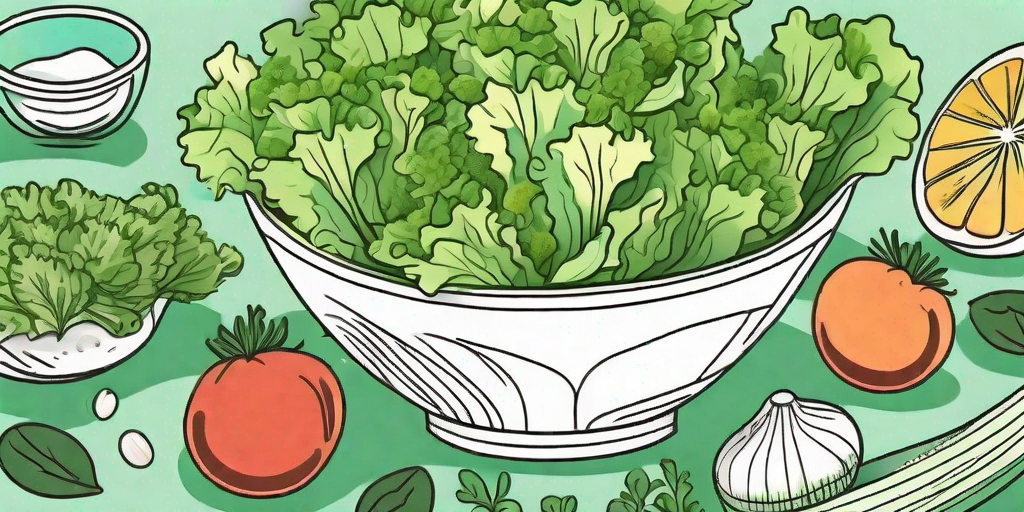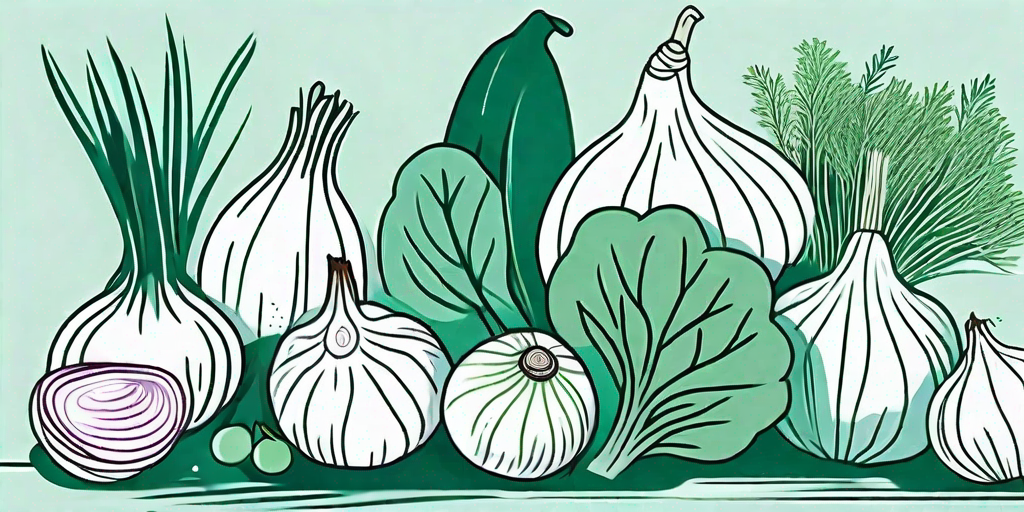
Welcome to the world of pomegranates, where the fruits are juicy, the leaves are lush, and the secrets to success are as tantalizing as the ruby-red arils themselves. If you're here, it's because you've got a hankering for homegrown pomegranates and a curiosity about the best fertilizers to make your dream a reality. Well, buckle up, because we're about to embark on a journey of horticultural discovery that's as exciting as it is fruitful (pun absolutely intended).
The Pomegranate: A Brief Introduction
Before we dive into the nitty-gritty of fertilizers and fruiting, let's take a moment to appreciate the pomegranate. This ancient fruit, native to the region of modern-day Iran, has been cultivated for thousands of years. It's not just a pretty face either; pomegranates are packed with antioxidants and are a great source of dietary fiber.
But enough about the health benefits. You're here for the juicy details on growing these beauties. And that's exactly what we're going to give you.
Understanding Your Pomegranate Tree
First things first, understanding your pomegranate tree is key to growing juicy fruits. Pomegranates are deciduous shrubs that love the sun and can tolerate drought. They're hardy little things, but that doesn't mean they don't appreciate a little TLC.
They prefer well-drained soil and are not big fans of water-logged roots. So, if you're living in a particularly rainy area, you might want to think about planting your pomegranate tree in a raised bed or on a slope.
Pruning Your Pomegranate Tree
Pruning is a crucial part of pomegranate tree care. It helps to promote growth, improve fruit production, and keep your tree looking neat and tidy. The best time to prune is in late winter or early spring, just before the new growth starts.
When pruning, focus on removing dead or diseased wood, suckers, and any branches that are crossing or rubbing against each other. Remember, your pomegranate tree needs plenty of air circulation to stay healthy and produce those juicy fruits you're after.
The Best Fertilizer for Pomegranate Trees
Now, let's get down to the root of the matter (another pun, couldn't resist): fertilizer. The right fertilizer can make a world of difference when it comes to growing juicy pomegranates.
Pomegranate trees need a balanced fertilizer that provides equal amounts of nitrogen, phosphorus, and potassium. These are the three primary nutrients that plants need to grow and produce fruit.
When to Fertilize
The best time to fertilize your pomegranate tree is in the spring, just as the new growth is starting. This will give your tree a nutrient boost and help it produce plenty of lush, healthy foliage and, eventually, fruit.
You can also give your tree a second feeding in early summer if it seems like it could use a little extra help. Just be careful not to overdo it. Too much fertilizer can cause more harm than good.
How to Fertilize
Fertilizing your pomegranate tree is a pretty straightforward process. Simply spread the fertilizer evenly around the base of the tree, starting a few inches away from the trunk and extending out to the drip line. Then, water thoroughly to help the nutrients soak into the soil.
Remember, it's better to under-fertilize than over-fertilize. If you're unsure about how much to use, always err on the side of caution.
FAQs
How long does it take for a pomegranate tree to bear fruit?
Most pomegranate trees will start bearing fruit within 2-3 years of planting. However, it can take up to 5-7 years for the tree to reach full production.
Can I grow a pomegranate tree from a seed?
Yes, you can grow a pomegranate tree from a seed. However, it's important to note that trees grown from seed may not produce fruit that's identical to the parent fruit. For the best results, consider purchasing a grafted tree from a reputable nursery.
Do pomegranate trees need a lot of water?
Pomegranate trees are drought-tolerant and do not require a lot of water. However, they will produce better fruit if they receive regular watering during the growing season. Just be careful not to overwater, as this can lead to root rot.
Conclusion
And there you have it, the secret to growing juicy pomegranates. With the right care, understanding, and of course, the best fertilizer, you'll be well on your way to enjoying homegrown pomegranates that are as delicious as they are beautiful. So, what are you waiting for? Get out there and start growing!
Remember, gardening is a journey, not a destination. So, enjoy every moment, from the first sprout to the first bite of your homegrown pomegranate. Happy gardening!











